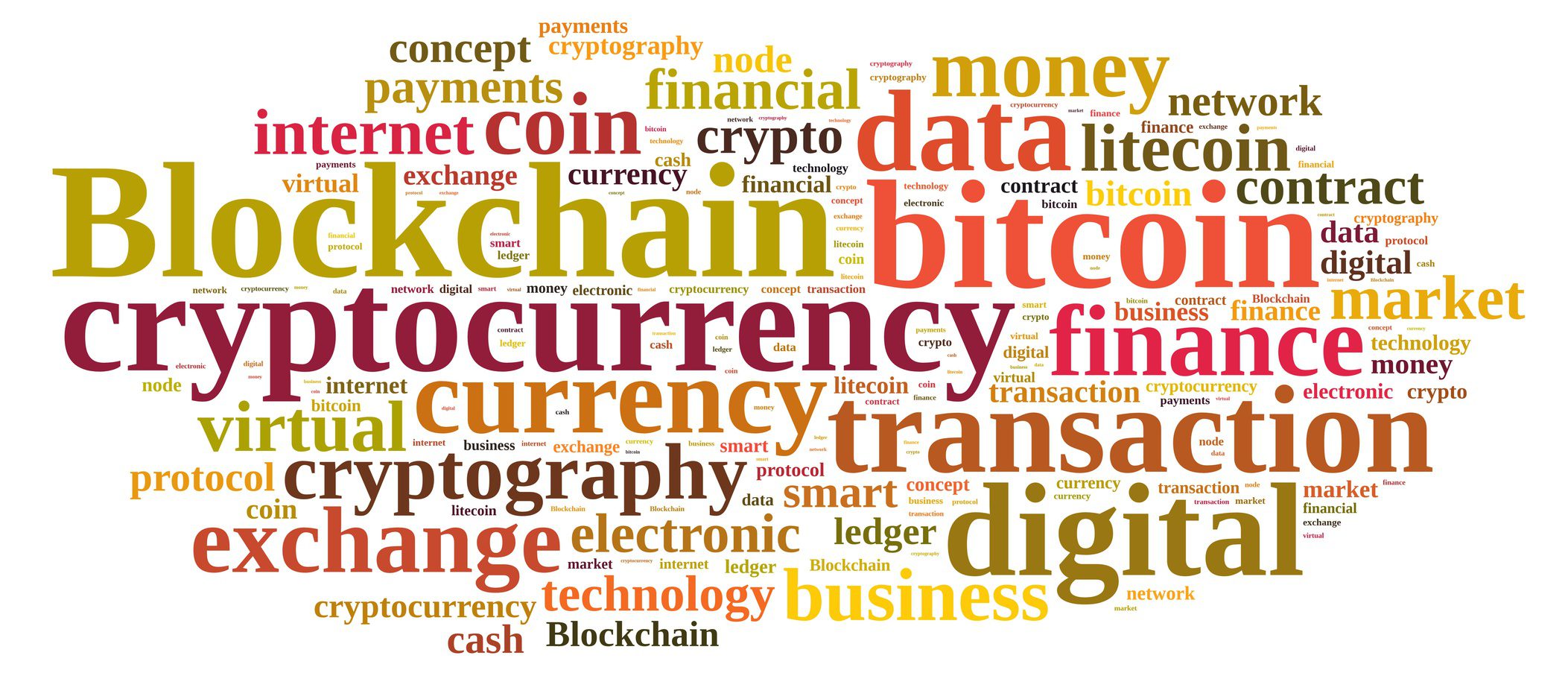Consumers worldwide living in different typesof societies behave differently about saving, with some culturesmore inclined to save money than others. In a new research paper,Professor Keith Chen of Yale University suggests language may haveimportant implications on how likely consumers are to save or spendmoney.
According to Chen, languages can be divided into two main groupsbased on the concept of time. Some languages such as German, Malayand Mandarin have a weak association with the future (weak FTR),meaning speakers do not have to change to a different tense whendiscussing the future. For example, in Mandarin, one would likelysay ‘I go shopping.’ However in languages such as English withstrong future-time reference (strong FTR), the speaker would haveto add, ‘I will go, am going or have to go shopping’ in order to begrammatically correct.
So what leads Chan and others to believe language affects savingsbehavior? “The act of savings is fundamentally about understandingthat your future self – the person you’re saving for – is in somesense equivalent to your present self,” and Chan continues, “Ifyour language separates the future and the present in its grammarthat seems to lead you to slightly disassociate the future from thepresent every time you speak. That effectively makes it harder foryou to save.”
To support his hypothesis, and to control for additional cultural,social, or even economic reasons for differences in savingsbehaviors, Chan focused on nine multilingual countries: Belgium,Burkina Faso, Ethiopia, Estonia, Democratic Republic of Congo,Nigeria, Malaysia, Singapore, and Switzerland. He discoveredspeakers with weak FTR or no real future tense were on average tohave saved 39 percent more by the time they retire and 31 percentmore likely to save over a course of a year than strong FTRspeakers. “You can find families that live right next door to eachother; have exactly the same education levels, exactly the sameincome and even exactly same religion. Yet the family that speaks alanguage that doesn’t distinguish between the future and thepresent will save dramatically more,” argues Chan.
While critics of the findings point to other studies that haveshown savings behaviors driven by interest rates and othersconcerned about Chan’s classification of certain languages as weakor strong FTR, the findings do raise some interesting questions forthe payments industry, particularly with the underbanked populationand in international markets. If language plays an important rolein savings behavior as Chan believes, improved communicationbetween financial institutions and consumers regarding savingsproducts may aid payment industry members target underbankedpopulations in developed countries and improve banking penetrationin developing countries.
Click here to watch Chen’s TEDvideo.








